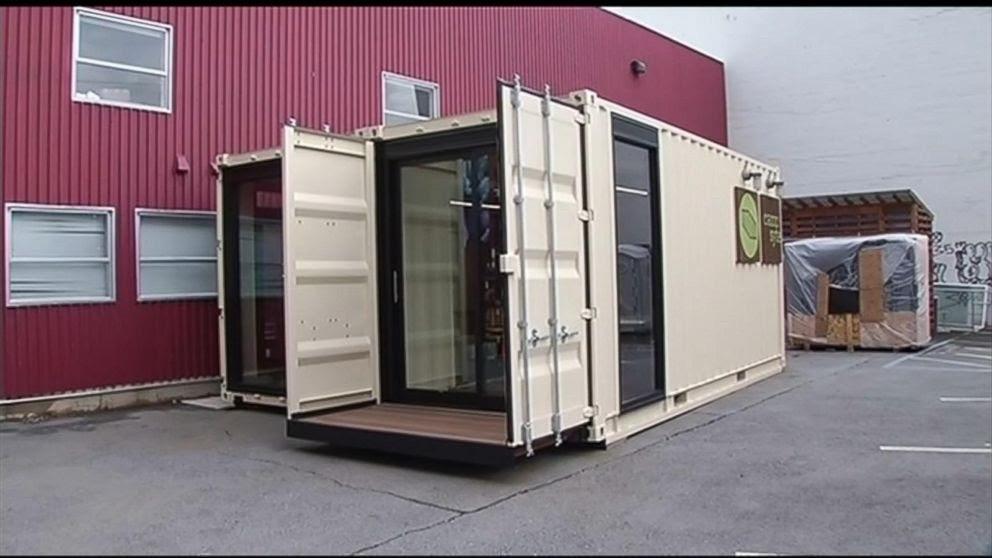
10 Useful Tips for Long Term Storage
Attention all storage enthusiasts! Are you looking to unlock the key to successful long term storage? Look no further!
In this blog post, we’re thrilled to present you with ten invaluable tips that will revolutionize the way you store your belongings for the long haul. Whether you’re a seasoned pro or a novice in storage solutions, these tips will equip you with the knowledge and know-how to keep your items safe, organized, and well-preserved.
So, keep reading to embark on a journey of storage mastery as we delve into the essential strategies that will transform your long-term storage experience.
Here are the Top Tips for Long Term Storage
Get ready to optimize your space, protect your treasures, and simplify your life with our comprehensive guide to long-term storage success!
Please note that while we cover various aspects of storage, it’s important to consider obtaining insurance on storage units. Insurance provides an added layer of protection for your stored items in the event of unexpected events such as theft, damage, or natural disasters. While our tips will help you maximize the safety and preservation of your belongings, insurance offers additional peace of mind.
Let’s dive into our ten invaluable tips for a successful long-term storage unit!
Choose The Right Storage Container
Select sturdy and durable containers appropriate for the items you’re storing. Look for high-quality plastic bins with thick walls and reinforced corners. Opt for containers with tight-fitting lids that provide a secure seal to protect your belongings from moisture, pests, and dust. Consider clear containers to easily identify the contents without opening them.
Clean and Dry Items Before Storing
Thoroughly clean all items before placing them in storage. Dust and dirt can accumulate during storage, so ensure that items are clean to prevent stains and damage. For clothing and fabric items, wash and dry them completely to avoid the growth of mold and mildew. Clean appliances, furniture, and other surfaces to remove any residue or food particles that may attract pests.
Disassemble Large Items
Disassemble large furniture or appliances to save space and reduce the risk of damage during storage. Keep all the small parts, screws, and bolts organized in labeled plastic bags or containers. Attach the labeled bags to the larger components or store them in a separate box designated for hardware.
Use Appropriate Packing Materials
Utilize a variety of packing materials to safeguard delicate and fragile items. Wrap breakable items, such as dishes, glassware, and electronics, in bubble wrap or packing paper to protect them from scratches, breakage, and dust. Consider using furniture covers or blankets to shield larger furniture pieces from scratches and dings.
Label Everything
Clearly label all storage containers and boxes with their contents. Use permanent markers or printed labels to indicate the contents of each container. Additionally, mark any fragile or sensitive items as “fragile” or “handle with care” to ensure they receive proper attention when handling and unpacking.
Create an Inventory List
Keep an inventory list of all the items you’re storing. Create a detailed catalog of each box or container, noting the contents, condition, and special instructions. This inventory list will help you easily locate specific items when needed and be a reference for insurance purposes.
Choose a Suitable Storage Location
Find a storage facility or a designated area in your home that offers appropriate environmental conditions. Look for a place that is clean, dry, and well-ventilated. Avoid areas prone to flooding, excessive heat, direct sunlight, or extreme humidity, as these can damage your belongings over time. Ensure that the storage area has adequate security measures to protect your items.
Consider Climate Control
Opt for a climate-controlled storage unit if you’re storing items sensitive to temperature and humidity changes, such as artwork, electronics, musical instruments, or wooden furniture. Climate control helps maintain stable temperature and humidity levels, preventing damage caused by fluctuations. This is especially important in regions with extreme weather conditions.
Store Items Off The Ground
Elevate your stored items off the ground to protect them from potential water damage. Use pallets or shelving units to create a raised surface. This prevents direct contact with the floor and minimizes the risk of damage in the event of leaks or flooding.
Regularly Inspect And Maintain
Schedule periodic visits to your storage area to check for any signs of damage, pests, or mold. Look for any water leaks, pest infestations, or signs of mold growth. If you notice any issues, take appropriate action promptly to prevent further harm. Dust and clean the storage area regularly to maintain a clean and well-maintained environment for your stored items.
Mastering Long-Term Storage
These ten invaluable tips for long-term storage solutions will revolutionize the way you store your belongings. By choosing the right containers, keeping items clean and dry, using appropriate packing materials, labeling everything, and maintaining a detailed inventory, you can ensure easy access and preservation of your items.
Selecting a suitable storage location with proper security measures will also safeguard your belongings and provide peace of mind. Considering climate control for sensitive items and regularly inspecting and maintaining the storage area will further protect against damage.
If you’re keen on effortlessly enhancing your home’s ambiance, consider the practicality of WheeKeep portable storage solutions. These containers are specially designed to accommodate seasonal decorations with ease, providing a convenient and organized way to store and access them as needed.
Follow these strategies to unlock the key to successful long-term storage and simplify your life. Your treasures will be safe, organized, and well-preserved for years to come, giving you the added benefit of peace of mind and potential coverage for your storage unit insurance from Discount Storage Insurance.
Happy storing!







